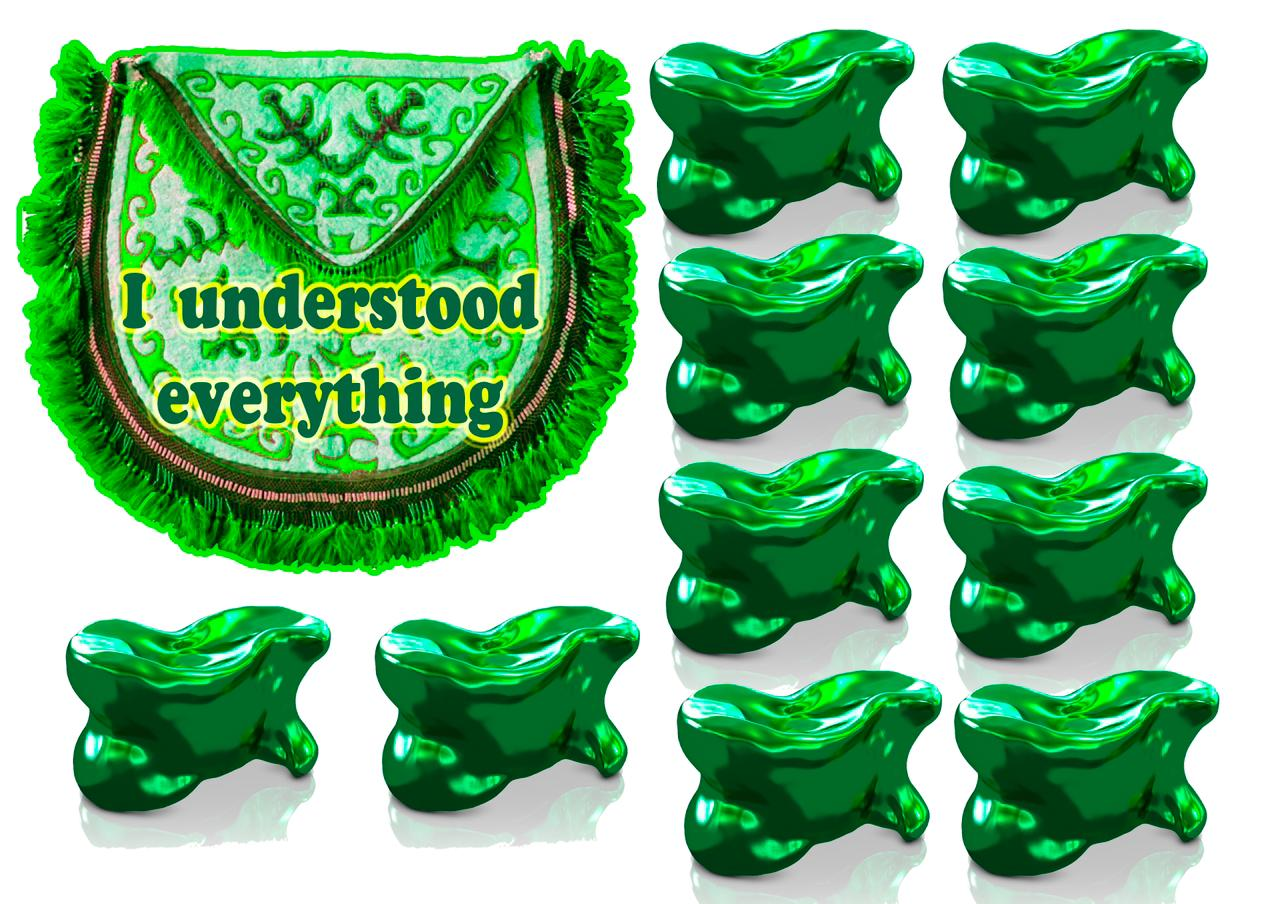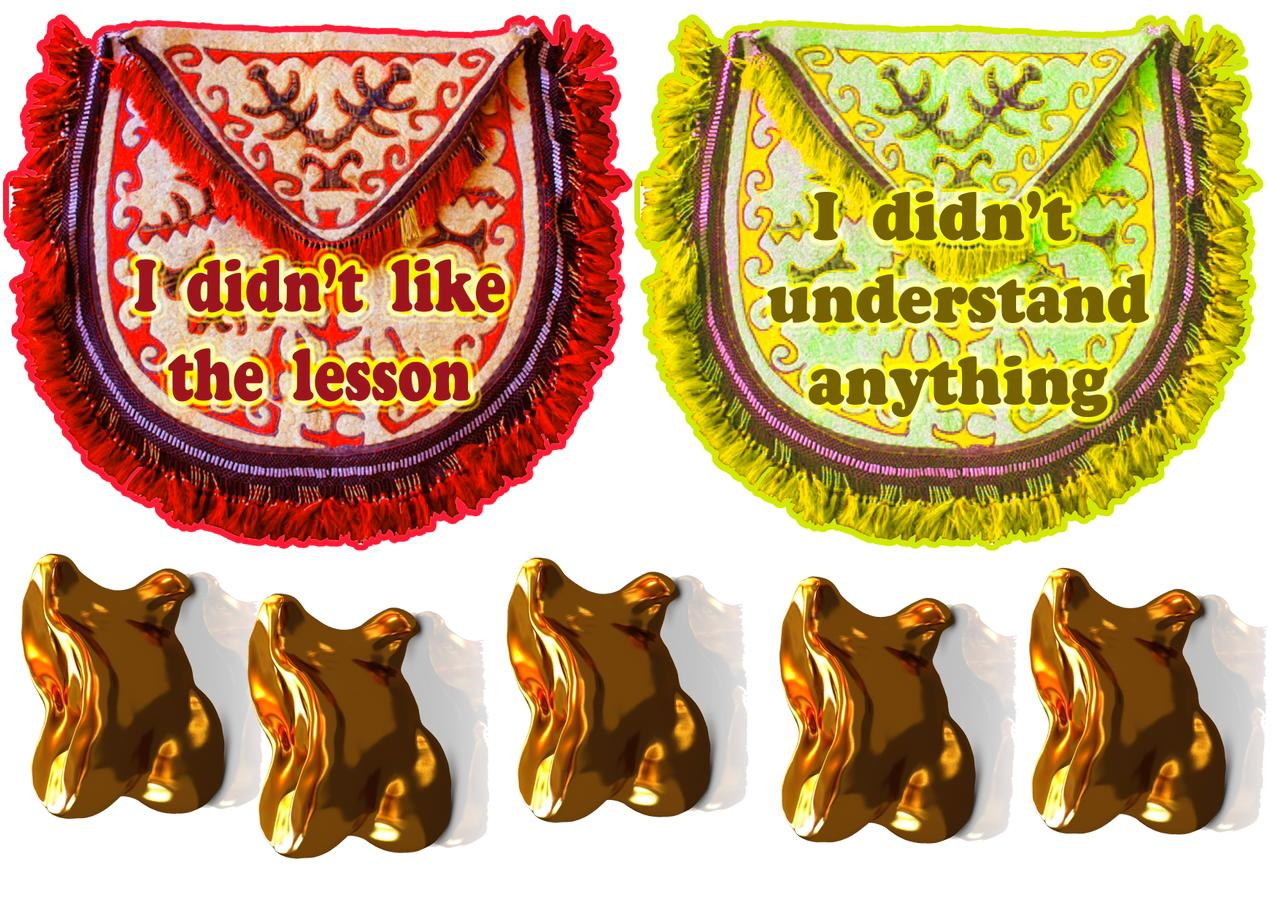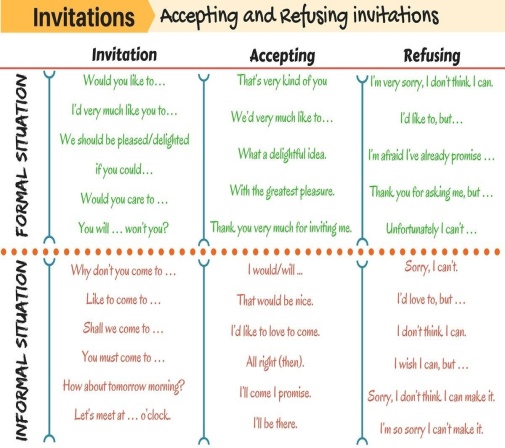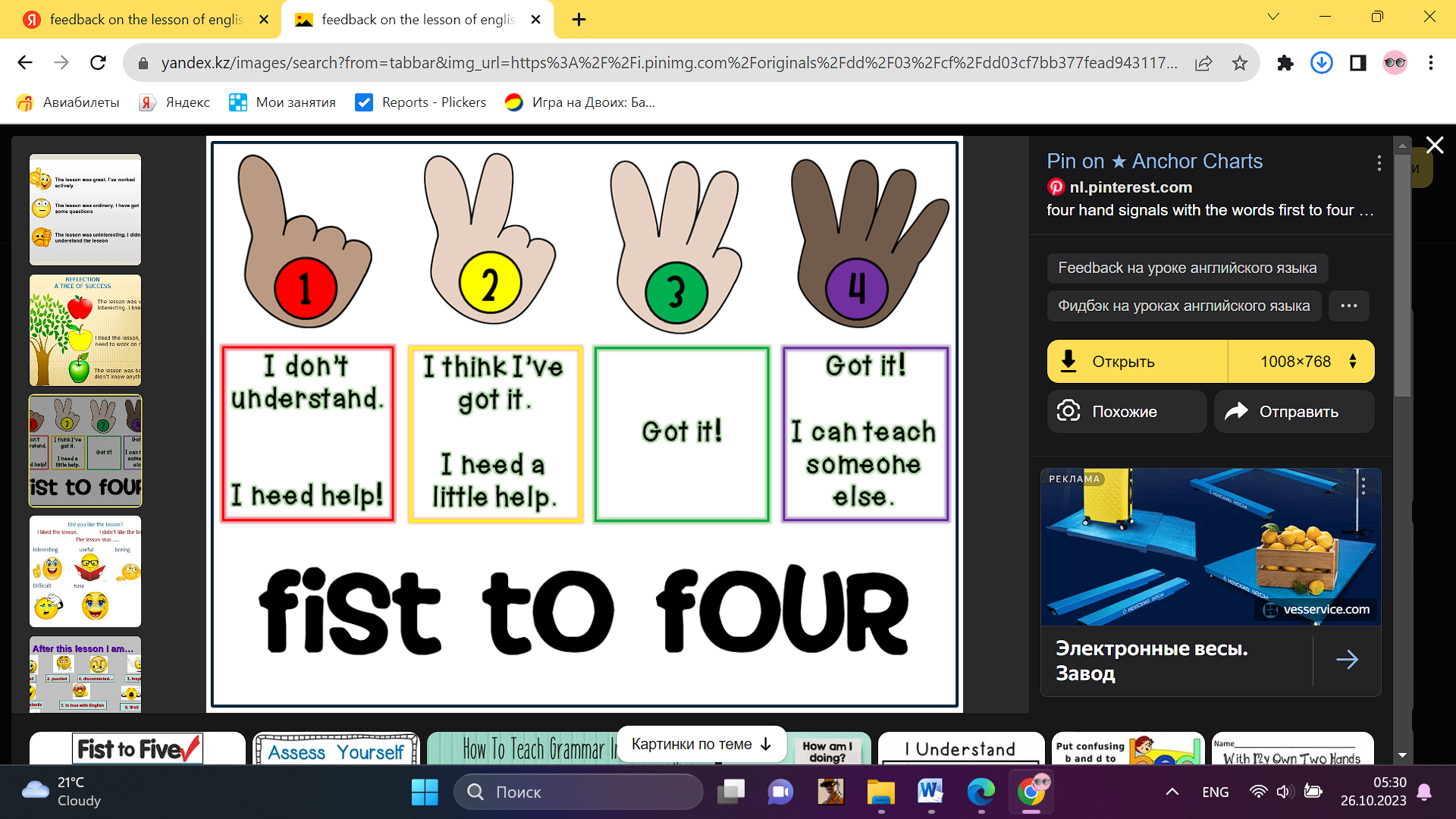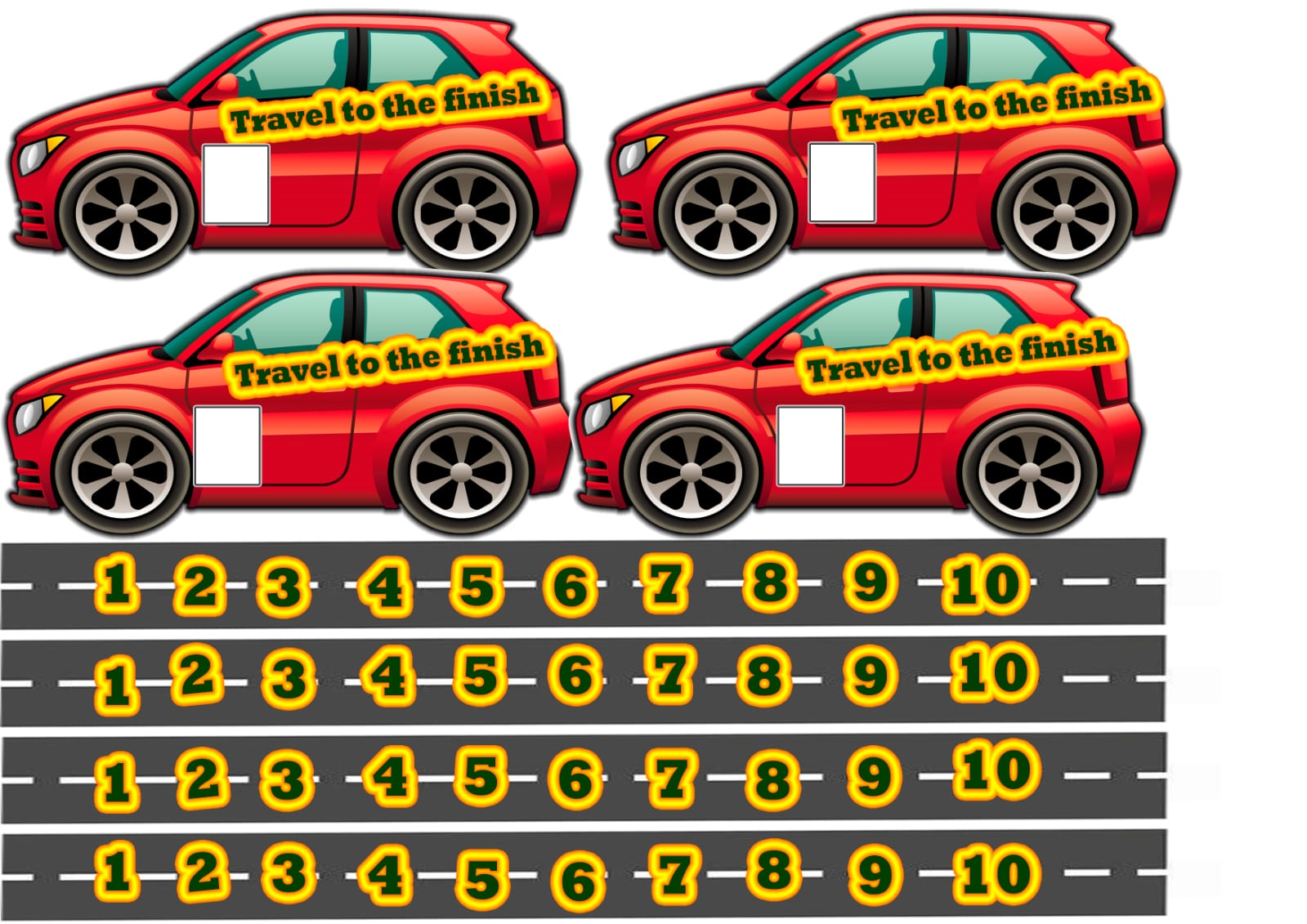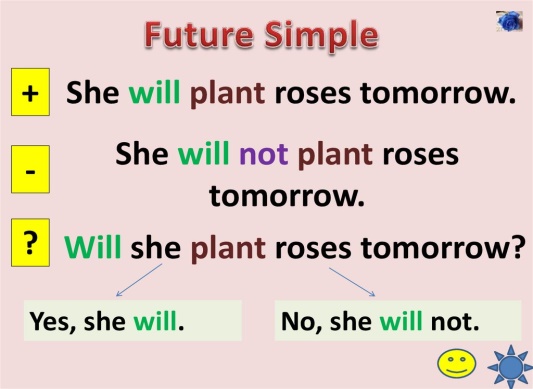
Назар аударыңыз. Бұл материалды сайт қолданушысы жариялаған. Егер материал сіздің авторлық құқығыңызды бұзса, осында жазыңыз. Біз ең жылдам уақытта материалды сайттан өшіреміз
Жақын арада сайт әкімшілігі сізбен хабарласады
қысқа мерзімді сабақ жоспарларын

7-сынып бойынша 2-тоқсан ҚМЖ Excel кітабы бойынша
Сатылымнан түскен қаражат авторға автоматты түрде аударылады. Толығырақ
беріледі

Дипломдар мен сертификаттарды алып үлгеріңіз!


Материалдың толық нұсқасын
жүктеп алып көруге болады
Short term plan: term 2
|
Unit: 3 Holidays and travel |
Lesson 25 |
||
|
Teacher name: |
|
||
|
Date: |
|
||
|
Grade: 7 |
Number present: |
absent: |
|
|
Lesson title |
Vocabulary: Holiday activities: Sports |
||
|
Learning objectives |
7.1.6.1 organise and present information clearly to others 7.3.3.1 give an opinion at discourse level on a growing range of general and curricular topics 7.3.4.1 respond with some flexibility at both sentence and discourse level to unexpected comments on a growing range of general and curricular topics |
||
|
Lesson objectives |
Learners will be able to: - present holiday activities: sports - categorise new vocabulary - talk about holiday activities: sports using adjectives |
||
|
Value links |
Family – Family values are moral and ethical principles of typical family life, including sacrificing for loved ones, putting your loved ones first, and keeping your loved ones at the centre of your thoughts and actions. |
||
|
Plan |
|||
|
Stages / Time |
Teachers actions |
Students actions |
Assessment criteria |
Resources |
|
Beginning of the lesson Warming-up
3 min. Pre-learning «Brainstorming» method 7 min. |
Organization moment : 1.Greeting. Ask about the weather. The teacher sets the lesson objectives, letting students know what to anticipate from the lesson. Warming up Where are you from? How old are you? What color is it? How many students are there in class? What day of the week today? Hand out the completed Progress Report Cards for the previous module and ask the pupils to file them in their language. Lead – In
|
The aim: To develop pupils speaking skills and create friendly atmosphere Efficiency: By wishing each other they feel better and feel the support of others Students of the class are listed. Students' attention is drawn to the lesson. Students say different words from the picture •Learners remember previous lesson vocabulary •Learners answer the questions What time do you get up every morning? What time do you go to school? What do you do after the lesson? |
The teacher to assess learners for their ability. “Good job! Well done!” Formative Assessment
Good job! Descriptor: - remembers the lesson passed Point 1 Assessment criteria make basic statements related to holiday activities: sports |
Pictures worksheet |
|
Middle of the lesson Presentation part. 30 min |
Ex:1 P:29 • Draw Ss' attention to the pictures (1-12) and ask various Ss to read out the extreme sports (a-o). Elicit which sports match which pictures. Play the recording. Ss listen and check their answers. Play the recording again for Ss to repeat chorally or individually. Ex: 2 P: 29 • Write the headings on the board and elicit answers from Ss around the class for which sports go under which heading. Ss copy the completed lists into their notebooks. Ex: 3 P: 29 • Read out the adjectives in the list and ask two Ss to read out the example exchange. Then Ss discuss in pairs the sports in Ex. 1. Monitor the activity around the class and then ask some pairs to ask and answer in front of the class. Conclusion during the lesson some tasks differentiated by outcomes of the students and by their abilities. |
• Learners match the pictures to the sport. Three sports do not match. ANSWERS 1 d 2 a 3 g 4 c 5 i 6 h 7 e 8 b 9 f 10 I 11 j 12 k • Learners list the sports under the headings. Check with your partner ANSWERS water: white-water rafting, snorkelling, canoeing, white-water kayaking air: bungee jumping, hang gliding, skydiving, base jumping land: snowboarding, rock climbing, skateboarding, motocross, mountain biking, ice climbing, sandboarding • Learners use the adjectives to discuss. ANSWERS A: I like snorkelling. B: So do I. It's exciting./I don't. It's tiring. A: I don't like canoeing. B: Neither do I. It's very tiring./I do. It's challenging. A: I like mountain biking.. B: So do I. It's challenging./I don't. It's expensive. A: I don't like motocross. B: Neither do 1. It's very expensive./I do. It's thrilling. |
Descriptor: - match the pictures to the sport T
Self assessment Differentiation: «Verbal support» method is used to help Ss use new words in the sentences. Descriptor: - list the sports under the headings Total: 3 point Descriptor: - use the adjectives to discuss Total: 3 point -Make CCQ questions Yes / No |
Card Worksheet Students book |
|
End of the lesson 5 min |
FEEDBACK Learners provide feedback on what they have learned at the lesson. Ex: P: Home task: Write the days |
|
Poster Success
|
|
Short term plan: term 2
|
Unit 3 Holidays and travel |
Lesson 26 |
||
|
Teacher name: |
|
||
|
Date: |
|
||
|
Grade: 7 |
Number present: |
absent: |
|
|
Lesson title |
Reading: An Unforgettable Experience |
||
|
Learning objectives |
7.4.2.1 understand specific information and detail in texts on a range of familiar general and curricular topics 7.3.3.1 give an opinion at discourse level on a growing range of general and curricular topics 7.5.2.1 write with minimal support about real and imaginary past events, activities and experiences on a growing range of familiar general topics and some curricular topics |
||
|
Lesson objectives |
Learners will be able to: - predict the content of a text; to listen and read for gist - read for specific information - express an opinion and develop critical thinking skills |
||
|
Value links |
Loyalty – Loyalty might be a core personal value to you if you highly prize friends that are reliable and trustworthy. You might put your friends or chosen family first, always being there for them when they need you. |
||
|
Plan |
|||
|
Stages / Time |
Teachers actions |
Students actions |
Assessment criteria |
Resources |
|
Beginning of the lesson Warming-up
3 min Pre-learning «Brainstorming» method 7 min. |
Organization moment : 1.Greeting. Ask about the weather. The teacher sets the lesson objectives, letting students know what to anticipate from the lesson. Warming up Where are you from? How old are you? What color is it? How many students are there in class? What day of the week today? Ask a few pupils to stand up and stand in a row. Ask the rest of the class questions to revise the ordinals. Lead – In
|
The aim: To develop pupils speaking skills and create friendly atmosphere Efficiency: By wishing each other they feel better and feel the support of others Students of the class are listed. Students' attention is drawn to the lesson. Determines the topic and purpose of the lesson •Learners remember previous lesson vocabulary Students say different words from the picture Answer the question. |
The teacher to assess learners for their ability. “Good job! Well done!” Formative Assessment
Good job! Descriptor: - know daily routines vocabulary - know prepositions of place Point 1 Assessment criteria - Learners have met the learning objectives and predict the content of a text |
Pictures worksheet Student’s book |
|
Middle of the lesson Presentation part. 30 min |
Ex:1 P:30 • Ask Ss to look at the title of the blog and the picture. Ask Ss to describe what they see. (I can see a young woman; I think she's Kate. She's on safari in the jungle. I can also see a parrot and a jaguar. She looks thrilled.) Ask Ss to guess what Kate is writing about. • Elicit answers from Ss around the class. Play the recording. Ss listen and follow the text in their books and find out if their guesses were correct. Ex: 2 P: 30 a) • Explain the task and give Ss some time to complete it. • Check Ss' answers by asking various Ss to share their sentences with the class. Ex: 2 P: 30 b)• Allow Ss some time to read the text and answer the questions. Check Ss' answers around the class. |
• Pupils look at the title of the blog and the picture. ANSWERS Kate is writing about an unforgettable experience she had in the jungle. a• Pupils read the text and complete the sentences. ANSWERS 1 has just got back from a safari in the Amazon 2 boat 3 the riverbank 4 Bali 5 the culture and way of life in Bali 6 travel abroad • Pupils answer the question. ANSWERS 1 Kate is in Brazil. 2 Because it is the only way to get through the huge rainforest easily. 3 She saw fish, birds, monkeys and a jaguar. 4 Because he was interested after reading Kate's description. 5 Because it has changed him. He got to know a lot of people and learned about a completely different culture and way of life. |
Descriptor: - look at the title of the blog - describe the picture what they see Total: 2 point pupils are evaluated by collecting fish
Descriptor: - read the text and complete the sentences Total: 1 point Descriptor: - answer the question. Total: 2 point
Self assessment -Make CCQ questions Yes / No Total: 10 point |
Card Worksheet Students book |
|
End of the lesson 5 min |
FEEDBACK Learners provide feedback on what they have learned at the lesson. Ex: P: Home task: Write the days |
|
Poster Success
|
|
Short term plan: term 2
|
Unit 3 Holidays and travel |
Lesson 27 |
||
|
Teacher name: |
|
||
|
Date: |
|
||
|
Grade: 7 |
Number present: |
absent: |
|
|
Lesson title |
Vocabulary: Experiences |
||
|
Learning objectives |
7.6.7.1 use a variety of simple perfect forms to express recent, indefinite and unfinished past on a range of familiar general and curricular topics 7.3.7.1 use appropriate subject-specific vocabulary and syntax to talk about a growing range of general topics, and some curricular topics 7.5.5.1 develop with some support coherent arguments supported when necessary by examples and reasons for a limited range of written genres in familiar general and curricular topics |
||
|
Lesson objectives |
Learners will be able to: - practise new vocabulary - present vocabulary for - write a comment to a blog |
||
|
Value links |
Fairness – If you value fairness, you might be highly sensitive to situations at school or in the workplace where a teacher or a peer has exhibited favoritism or allowed someone to get away with living by a different set of rules to everyone else. |
||
|
Plan |
|||
|
Stages / Time |
Teachers actions |
Students actions |
Assessment criteria |
Resources |
|
Beginning of the lesson Warming-up
3 min Pre-learning «Brainstorming» method 7 min. |
Organization moment : 1.Greeting. Ask about the weather. The teacher sets the lesson objectives, letting students know what to anticipate from the lesson. Warming up Where are you from? How old are you? What color is it? How many students are there in class? What day of the week today? revise the vocabulary from the previous Lead – In
|
. The aim: To develop pupils speaking skills and create friendly atmosphere Efficiency: By wishing each other they feel better and feel the support of others Students of the class are listed. Students' attention is drawn to the lesson. • Learners remember previous lesson vocabulary Determines the topic and purpose of the lesson Students say different words from the picture |
The teacher to assess learners for their ability. “Good job! Well done!” Formative Assessment
Good job! Descriptor: - can tell the time Point 1 Assessment criteria - Learners have met the learning objectives if they can talk about a comment to a blog |
Pictures worksheet Picture |
|
Middle of the lesson Presentation part. 30 min |
Ex:3 P: 31 • Give Ss time to complete the task. Elicit answers from Ss around the class Ex: 4 P: 31 • Read through the list of activities and check Ss' understanding. • Explain the task and choose two Ss to read out the example. Give Ss time to complete the task in closed pairs. Monitor the activity around the class and then ask some pairs to ask and answer in front of the class. Ex: 5 P: 31 • Ask Ss to work in pairs and ask and answer about each other's experiences using the questions provided. Monitor the activity around the class. Ask various Ss to share their experiences with the class. Ex: 6 P: 31 • Explain the task and give Ss time to complete it. Ask various Ss to share their answers with the class Conclusion during the lesson some tasks differentiated by outcomes of the students and by their abilities. |
•Pupils choose the correct word ANSWERS 1 compares 2 time 3 mouth 4 dense 5 alive •Pupils look at the pictures. Discuss, as in the example. ANSWERS A: Have you ever ridden a camel? B: No, never. What about you? A: Yes, I have. I've ridden a camel in Egypt A: Have you ever tried an extreme sport? B: No, never. What about you? A: Yes, I have. I've tried bungee jumping once •Pupils think of the most memorable travel experience in your life. ANSWERS What it was: camping trip When it was: last summer Where you were: New Zealand Who was with you: my friend, Adam What happened: went camping; enjoyed scenery How you felt: alive •Pupils use your answers in Ex 5 to post a comment ANSWERS Hi Kate! Great blog! Sounds like you had an amazing time in the Amazon. I guess my most memorable experience was the time I went to New Zealand. I went there last summer with my best friend Adam. We went camping in the countryside. I really enjoyed the amazing scenery. Overall, it was a memorable experience. I've never felt so alive! |
Descriptor: - choose the correct word Total: 1 point
Descriptor: - look at the pictures. Discuss, as in the example. Total: 1 point
Descriptor: - think of the most memorable travel experience in your life Total: 1 point Descriptor: - think of the most memorable travel -Make CCQ questions Yes / No
pupils are evaluated by collecting pencils |
Card Worksheet |
|
End of the lesson 5 min |
FEEDBACK Learners provide feedback on what they have learned at the lesson. Ex: Home task: |
|
Poster Success
|
|
Short term plan: term 2
|
Unit 3: Holidays and travel |
Lesson 28 |
||
|
Teacher name: |
|
||
|
Date: |
|
||
|
Grade: 7 |
Number present: |
absent: |
|
|
Lesson title |
Use of English, Present perfect |
||
|
Learning objectives |
7.2.5.1 recognise the opinion of the speakers in supported extended talk on a range of general and curricular topics 7.3.4.1 respond with some flexibility at both sentence and discourse level to unexpected comments on a growing range of general and curricular topics |
||
|
Lesson objectives |
Learners will be able to: - present the present perfect (affirmative and negative) - present past participles - practise the present perfect |
||
|
Value links |
Honesty – You may highly value telling people the truth. This one gets tricky when being honest can be hurtful to others. So, a person who really puts honesty first might be the sort of person who will tell the truth even if it hurts to do so. |
||
|
Plan |
|||
|
Stages / Time |
Teachers actions |
Students actions |
Assessment criteria |
Resources |
|
Beginning of the lesson Warming-up
3 min Pre-learning «Brainstorming» method 7 min. |
Organization moment : 1.Greeting. Ask about the weather. The teacher sets the lesson objectives, letting students know what to anticipate from the lesson. Warming up Where are you from? How old are you? What color is it? How many students are there in class? What day of the week today? revise the language from the previous lesson Lead – In
|
The aim: To develop pupils speaking skills and create friendly atmosphere Efficiency: By wishing each other they feel better and feel the support of others Students of the class are listed. Students' attention is drawn to the lesson. • Learners talk about daily routines previous lesson vocabulary Determines the topic and purpose of the lesson Students say different words from the picture |
The teacher to assess learners for their ability. “Good job! Well done!” Formative Assessment
Good job! Descriptor: - talk about daily routines Point 1 Assessment criteria - Learners have met the learning objectives. |
Pictures worksheet Student’s book |
|
Middle of the lesson Presentation part. 30 min |
Ex:1 P:32 • Ss close their books. Present the present perfect. Say: I have travelled abroad. Write it on the board. Underline I have travelled and explain that this verb is in the present perfect. Explain that we use have/has and the past participle of the main verb to form the affirmative. Explain that we use this tense to talk about actions which started in the past and continue to the present, experiences in the past and actions which happened at an unstated time in the past. Ex: 2 P: 32 • Explain the task. Ss match the verbs to the past participles. Check Ss' answers, then elicit which are regular and which are irregular Ex: 3 P: 32 • Explain the task and allow Ss some time to complete it. Check Ss' answers around the class. Ex: 4 a P: 32 • Explain the task and allow Ss some time to complete it. • Check Ss' answers around the class. Ex: 4 b P: 32 Elicit sentences from various Ss around the class about the actions in the table. Conclusion during the lesson some tasks differentiated by outcomes of the students and by their abilities. |
•Pupils read the theory. Say the examples in your language. ANSWERS I've been here for ... I've just got back... I've visited... I've never seen... I've never felt... I've never been... I've put •Pupils match the verbs to the past participles ANSWERS 2 g l 3 j I 4 a l 5 e R 6 b l 7 i I 8 d l 9 h R 10 f R •Pupils use the verbs in the list in the present perfect to complete the sentences. ANSWERS 1 have visited 2 has flown 3 has learnt/learned 4 have taken 7 have gone S has won 6 have tried •Pupils look at the table and complete the sentences. ANSWERS 2 hasn't gone 3 have run 4 haven't tried 5 hasn't run 6 have slept •Pupils answer the question ANSWERS I've gone bungee jumping./I've never gone bungee jumping. I've run a marathon./I've never run a marathon. I've tried Indian food./I've never tried Indian food |
Descriptor: - read the theory Total: 2 point
Descriptor: - match the verbs to the past participles Total: 2 point
pupils are evaluated by collecting colour pencils Descriptor: - use the verbs in the list in the present perfect - complete the sentences. Total: 3 point
Descriptor: - complete the sentences. Total: 3 point
-Make CCQ questions Yes / No Total: 10 point |
Card Worksheet Students book |
|
End of the lesson 5 min |
FEEDBACK Learners provide feedback on what they have learned at the lesson. Ex: Home task: |
|
Poster Success
|
|
Short term plan: term 2
|
Unit: 3 Holidays and travel |
Lesson 29 |
||
|
Teacher name: |
|
||
|
Date: |
|
||
|
Grade:7 |
Number present: |
absent: |
|
|
Lesson title |
Use of English: Asking about experiences |
||
|
Learning objectives |
7.4.2.1 understand specific information and detail in texts on a range of familiar general and curricular topics 7.3.7.1 use appropriate subject-specific vocabulary and syntax to talk about a growing range of general topics, and some curricular topics 7.2.5.1 recognise the opinion of the speakers in supported extended talk on a range of general and curricular topics |
||
|
Lesson objectives |
Learners will be able to: - practise the present perfect (interrogative and short answers) - present time expressions used with the present perfect - practise the present perfect with just Explain the task and read out the example |
||
|
Value links |
Generosity – This may be a core value of yours if you cherish people who will give their time and resources to people in need. You may consider yourself to be a generous person if you find joy and meaning in giving to others. |
||
|
Plan |
|||
|
Stages / Time |
Teachers actions |
Students actions |
Assessment criteria |
Resources |
|
Beginning of the lesson Warming-up
3 min Pre-learning «Brainstorming» method 7 min. |
Organization moment : 1.Greeting. Ask about the weather. The teacher sets the lesson objectives, letting students know what to anticipate from the lesson. Warming up Where are you from? How old are you? What color is it? How many students are there in class? What day of the week today? Revise the vocabulary from the previous lesson Lead – In
|
The aim: To develop pupils speaking skills and create friendly atmosphere Efficiency: By wishing each other they feel better and feel the support of others Students of the class are listed. Students' attention is drawn to the lesson. • Learners talk about days of the week previous lesson vocabulary Determines the topic and purpose of the lesson Students say different words from the picture |
The teacher to assess learners for their ability. “Good job! Well done!” Formative Assessment
Good job! Descriptor: - talk about days of the we Total: 1 point Assessment criteria - Learners have met the learning objectives if they can talk about time expressions used with the present perfect |
Pictures worksheet picture |
|
Middle of the lesson Presentation part. 30 min |
Ex:6 P:33 • Explain the task and read out the example exchange with a S. Ss ask and answer in pairs. Monitor the activity around the class and then ask some pairs to ask and answer in front of the class. Ex: 7 P: 33 • Ask various Ss to read out the examples. Then, elicit the L1 equivalents. Ex: 8 P: 33 • Explain the task and read out the example. Ss complete the task. Check Ss' answers around the class Ex: 9 P: 33 • Ss complete the task. Check Ss' answers around the class. Conclusion during the lesson some tasks differentiated by outcomes of the students and by their abilities. |
• Pupils ask and answer ANSWERS 2 A: Have your parents ever eaten snails? B: Yes, they have./No, they haven't. 3 A: Has your best friend ever broken his/her leg? B: Yes, he/she has./No, he/she hasn't. 4 A: Has your teacher ever sung in class? B: Yes, he/she has./No, he/she hasn't. 5 A: Have you ever met a famous actor? B: Yes, I have./No, I haven't. 6 A: Have your friends ever been on a roller coaster? B: Yes, they have./No, they haven't. • Pupils read the examples. Say them in your language ANSWERS Students own answer • Pupils write sentences using already or yet ANSWERS 2 Kanat hasn't collected his train ticket yet. 3 Kanat has already found his boots. 4 Kanat hasn't bought a new jacket yet. 5 Kanat hasn't checked the weather forecast yet. 6 Kanat has already booked a hotel room. • Pupils use the phrases below and just to write sentences ANSWERS 2 He has just received some bad news. 3 He has just won the competition. 4 They have just run a marathon. 5 We have just lost our passports. |
Descriptor: - ask and answer Total: 3 point Descriptor: - read the examples Total: 2 point
Self assessment Descriptor: - write sentences using already or yet Total: 2 point Descriptor: - use the phrases below and just to write sentences Total: 2 point
pupils are evaluated by collecting fish
-Make CCQ questions Yes / No Total: 10 point |
Card Worksheet Vocabulary card |
|
End of the lesson 5 min |
FEEDBACK Learners provide feedback on what they have learned at the lesson. Ex: Home task: |
|
Poster Success
|
|
Short term plan: term 2
|
Unit 3 Holidays and travel |
Lesson 30 |
||
|
Teacher name: |
|
||
|
Date: |
|
||
|
Grade: 7 |
Number present: |
absent: |
|
|
Lesson title |
Reading: Travelers’ tales |
||
|
Learning objectives |
7.2.4.1 understand with little support some of the implied meaning in extended talk on a limited range of general and curricular topics 7.4.1.1 understand the main points in texts on a limited range of unfamiliar general and curricular topics 7.1.8.1 develop intercultural awareness through reading and discussion |
||
|
Lesson objectives |
Learners will be able to: - predict the content of a text - read for specific information - consolidate new vocabulary |
||
|
Value links |
Generosity – This may be a core value of yours if you cherish people who will give their time and resources to people in need. You may consider yourself to be a generous person if you find joy and meaning in giving to others. |
||
|
Plan |
|||
|
Stages / Time |
Teachers actions |
Students actions |
Assessment criteria |
Resources |
|
Beginning of the lesson Warming-up
3 min Pre-learning «Brainstorming» method 7 min. |
Organization moment : 1.Greeting. Ask about the weather. The teacher sets the lesson objectives, letting students know what to anticipate from the lesson. Warming up Where are you from? How old are you? What color is it? How many students are there in class? What day of the week today? Revise the language of the previous lesson. Lead – In
|
The aim: To develop pupils speaking skills and create friendly atmosphere Efficiency: By wishing each other they feel better and feel the support of others Students of the class are listed. Students' attention is drawn to the lesson. Determines the topic and purpose of the lesson • Learners talk about favourite dayprevious lesson vocabulary Students say different words from the picture and count one to hundred |
The teacher to assess learners for their ability. “Good job! Well done!” Formative Assessment
Good job! Descriptor: - talk about favourite day Total: 1 point Assessment criteria - Learners have met the learning objectives |
Pictures worksheet Student’s book |
|
Middle of the lesson Presentation part. 30 min |
Ex:1 P:34 a)• Elicit a variety of answers from Ss around the class b)• Direct Ss' attention to the pictures. Elicit Ss' guesses as to what the story can be about and what they think happened to the traveller. Ex: 2 P: 34 • Allow Ss some time to read the text and answer the questions. Direct Ss to the Word List to look up the meanings of the words in the Check these words box. Check Ss' answers around the class Ex: 3 P: 35 • Explain the task. Ss complete the task and check their answers in the text Ex: 4 P: 35 • Consolidate new vocabulary Give Ss time to complete the task, then check Ss' answers around the class. Conclusion during the lesson some tasks differentiated by outcomes of the students and by their abilities. |
Pupils answer the question. Tell the class. ANSWERS Student’s own answer Pupils look at the pictures. ANSWERS I see snakes and a suitcase in the pictures. I think the story is about snakes. Perhaps a traveller hid snakes in his luggage on a flight. Pupils read the text and for questions choose the correct answers. ANSWERS 1 C 2 B 3 C 4 B 5 A Pupils choose the correct item. Check your answer in the text. ANSWERS 1 about (para 1) 2 of (para 1) 3 in (para 3) 4 with (para 5) Pupils fill the gaps. ANSWERS 1 missed 2 lost 3 board 4 break S import 6 take |
Descriptor: - answer the question. Tell the class Total: 2 point
Self assessment Descriptor: - answer the question. Tell the class Total: 3 point Descriptor: - choose the correct item. Check your answer in the text Total: 3 point pupils are evaluated by collecting colour pencils
-Make CCQ questions Yes / No Total: 10 point |
Card Worksheet Students book |
|
End of the lesson 5 min |
FEEDBACK Learners provide feedback on what they have learned at the lesson. Ex: Home task: |
|
Poster Success
|
|
Short term plan: term 2
|
Unit 3: Holidays and travel |
Lesson 31 |
||
|
Teacher name: |
|
||
|
Date: |
|
||
|
Grade: 7 |
Number present: |
absent: |
|
|
Lesson title |
Speaking: Narrating past experiences |
||
|
Learning objectives |
7.2.5.1 Recognize the opinion of the speaker(s) in supported extended talk on a range of general and curricular topics 7.3.3.1 give an opinion at discourse level on a growing range of general and curricular topics 7.5.9.1 punctuate written work at text level on a growing range of familiar general and curricular topics with some accuracy |
||
|
Lesson objectives |
Learners will be able to: - identify specific information -give a short response showing their opinion, agreement or disagreement - proofread others’ writing for punctuation |
||
|
Value links |
Integrity – Integrity is the quality of having strong moral principles. So, a person with integrity will always act with honesty and adhere to their own moral code regardless of what others do. |
||
|
Plan |
|||
|
Stages / Time |
Teachers actions |
Students actions |
Assessment criteria |
Resources |
|
Beginning of the lesson Warming-up
3 min Pre-learning «Brainstorming» method 7 min. |
Organization moment : 1.Greeting. Ask about the weather. The teacher sets the lesson objectives, letting students know what to anticipate from the lesson. Warming up Where are you from? How old are you? What color is it? How many students are there in class? What day of the week today? Revise the language of the previous lesson. Lead – In
|
The aim: To develop pupils speaking skills and create friendly atmosphere Efficiency: By wishing each other they feel better and feel the support of others Students of the class are listed. Students' attention is drawn to the lesson. • Learners write the numbers from previous lesson Determines the topic and purpose of the lesson Students say different words from the picture |
The teacher to assess learners for their ability. “Good job! Well done!” Formative Assessment
Good job! Descriptor: -know key phrases - know vocabulary of previous lesson Total: 1 point Assessment criteria - Learners have met the learning objectives if they can: To talk about custom officer |
Pictures worksheet Student’s book |
|
Middle of the lesson Presentation part. 30 min |
Ex:5 P:35 • Describe a past experience from someone's else point of view • Explain the task and allow Ss some time to think about their answers. • Ask various Ss to describe the event to the class from the point of view of the customs officer. Ex: 6 P: 35 • Read out the task to the Ss and direct their attention to the fact that there are three extra problems they do not need to use. Play the recording. Ss listen and choose the correct answers. Check Ss' answers around the class Ex: 7 P: 35 • narrate a past experience using role play • Explain the task. Ss take roles and ask and answer in pairs. Monitor the activity around the class and then ask some pairs to act out their exchanges in front of the class. Conclusion during the lesson some tasks differentiated by outcomes of the students and by their abilities. |
Pupils describe the event from your point of view. Use phrases in Ex 3 and 4 ANSWERS It was a busy day at the airport. I was checking the luggage of passengers who had just landed from South Korea. A passenger looked suspicious, so I asked him to open his luggage. There were dd snakes, scorpions and birds in bottles in his luggage. He was charged with breaking the law twice Pupils listen to Alex talking to his friend about Holiday problems. Match the people to the problems. ANSWERS 1 a 2 g 3 f 4 c 5 b Pupils imagine you are on holiday. You have one of the problems in ex 6. Discuss, as in the example. ANSWERS A: Sezim, what's the matter? B: Someone has just stolen my wallet! A: Oh dear! I'm so sorry. How did it happen? B: I put it down for a moment to look in my bag and the next thing I knew it was gone. A: Let's call security, etc |
Descriptor: - describe the event
- Total: 2 point
Descriptor: - listen to Alex talking about problems - match the people to the problems. Total: 3 point Descriptor: - imagine you are on holiday - have one of the problems - discuss Total: 2 point -Make CCQ questions Yes / No |
Card Worksheet Students book |
|
End of the lesson 5 min |
FEEDBACK Learners provide feedback on what they have learned at the lesson. Ex: Home task: |
|
Poster Success
|
|
Short term plan: term 2
|
Unit 3: Holidays and travel |
Lesson 32 |
||
|
Teacher name: |
|
||
|
Date: |
|
||
|
Grade: 7 |
Number present: |
absent: |
|
|
Lesson title |
Everyday English: Inviting – Accepting / refusing |
||
|
Learning objectives |
7.2.5.1 recognize the opinion of the speakers in supported extended talk on a range of general and curricular topics 7.3.4.1 respond with some flexibility at both sentence and discourse level to unexpected comments on a growing range of general and curricular topics 7.5.5.1 develop with some support coherent arguments supported when necessary by examples and reasons for a limited range of written genres in familiar general and curricular topics |
||
|
Lesson objectives |
Learners will be able to: - understand specific details through the keywords, style, intonation and repetition -create short conversations in routine context on topics of interest/discussed issue |
||
|
Value links |
Perseverance – People who value perseverance will work through adversity and be determined to get a result. This is a great treat for employees and entrepreneurs alike. |
||
|
Plan |
|||
|
Stages / Time |
Teachers actions |
Students actions |
Assessment criteria |
Resources |
|
Beginning of the lesson Warming-up 3 min
Pre-learning «Brainstorming» method 7 min. |
Organization moment : 1.Greeting. Ask about the weather. The teacher sets the lesson objectives, letting students know what to anticipate from the lesson. Warming up Where are you from? How old are you? What color is it? How many students are there in class? What day of the week today?
|
The aim: To develop pupils speaking skills and create friendly atmosphere Efficiency: By wishing each other they feel better and feel the support of others Students of the class are listed. Students' attention is drawn to the lesson. • Learners talk about favourite day previous lesson vocabulary Determines the topic and purpose of the lesson Students say different words from the picture |
The teacher to assess learners for their ability. “Good job! Well done!” Formative Assessment
Good job! Descriptor: -know key phrases - know vocabulary of previous lesson Total: 1 point Assessment criteria - Learners have met the learning objectives if they can talk about two friends |
Pictures worksheet Student’s book |
|
Middle of the lesson Presentation part. 30 min |
Ex:1 P:36 • introduce the topic; to listen and read for gist Ask some Ss to read the sentences aloud. Play the recording. Ss listen and follow the text in their books and answer the question in the rubric. Ex: 2 P: 36 • read for specific information Allow Ss time to read the dialogue again and answer the question in the rubric Ex: 3 P: 36 • learn synonymous phrases Read out the phrases. Refer Ss back to the dialogue and elicit the synonymous ones from various Ss around the class. Ex: 5 P: 36 • Ask Ss to work in pairs, take roles and read out the dialogue. Monitor the activity around the class and ask some groups to read out the dialogue in front of the class. Explain the situation. Conclusion during the lesson some tasks differentiated by outcomes of the students and by their abilities. |
Pupils read the dialogue. Answer the question what is the dialogue about? ANSWERS The dialogue is about the two friends' plans for the weekend. Pupils read the dialogue again. Answer the question. What is Kairat going to do next weekend? ANSWERS Kairat is going sailing with his dad in Kolsai Lakes. Pupils find sentences in the dialogue which mean. ANSWERS Why don't you join me? - Why don't you come with me? We can ask them together. - Let's ask them together, then. That's a good idea. - That sounds great Pupils listen and read the dialogue. Take roles and read it aloud. ANSWERS Students own answer. |
Descriptor: - read the dialogue - answer the question Total: 2 point
Descriptor: - read the dialogue again - answer the question Total: 3 point Descriptor: - find sentences in the dialogue Total: 3 point
pupils are evaluated by collecting colour pencils Descriptor: - listen and read the dialogue - take roles -Make CCQ questions Yes / No Total: 10 point |
Card Worksheet Students book |
|
End of the lesson 5 min |
FEEDBACK Learners provide feedback on what they have learned at the lesson. Ex: Home task: |
|
Poster Success
|
|
Short term plan: term 2
|
Unit 3 : Holidays and travel |
Lesson 33 |
||
|
Teacher name: |
|
||
|
Date: |
|
||
|
Grade: 7 |
Number present: |
absent: |
|
|
Lesson title |
Across cultures: My amazing travels |
||
|
Learning objectives |
7.1.8.1 develop intercultural awareness through reading and discussion 7.3.3.1 give an opinion at discourse level on a growing range of general and curricular topics 7.4.1.1 understand the main points in texts on a limited range of unfamiliar general and curricular topics |
||
|
Lesson objectives |
Learners will be able to: - give a short response showing their opinion, agreement or disagreement - identify the intended audience |
||
|
Value links |
Self-Discipline – If you value self-discipline, you might be a person who wakes up early, exercises daily, and doesn’t get distracted by vices. |
||
|
Plan |
|||
|
Stages / Time |
Teachers actions |
Students actions |
Assessment criteria |
Resources |
|
Beginning of the lesson Warming-up
3 min Pre-learning «Brainstorming» method 7 min. |
Organization moment : 1.Greeting. Ask about the weather. The teacher sets the lesson objectives, letting students know what to anticipate from the lesson. Warming up Where are you from? How old are you? What color is it? How many students are there in class? What day of the week today? Write some of the words from the previous lesson Lead – In
|
“The wish lamp” method helps to start the lesson with good wishes to each other. The aim: To develop pupils speaking skills and create friendly atmosphere Efficiency: By wishing each other they feel better and feel the support of others Students of the class are listed. Students' attention is drawn to the lesson. • Learners talk about rooms previous lesson vocabulary Determines the topic and purpose of the lesson Students say different words from the picture |
The teacher to assess learners for their ability. “Good job! Well done!” Formative Assessment
Good job! Descriptor: -know key phrases - know vocabulary of previous lesson Total: 1 point Assessment criteria - Learners have met the learning objectives if they can: Talk about amazing travels |
Pictures worksheet Student’s book |
|
Middle of the lesson Presentation part. 30 min |
Ex:1 P: 37 • Direct Ss' attention to the pictures and elicit Ss guesses as to what they show (a cockroach race, a Kumis alu competition). Ask Ss what, if anything, they know about these activities. Elicit a variety of questions for what Ss would like to know about them from S around the class and write three of them on the board. Play the recording. Ss listen and follow the text in their books and check if they can answer their questions. Ex: 2 P: 37 • read for specific information Allow Ss some time to read the text and mark the statements. Direct Ss to the Word List to look up the meanings of the words in the Check these words box. Check Ss' answers and then elicit corrections for the false statements from Ss around the class. Ex: 3 P: 37 • consolidate information in a text and express a personal opinion Ask various Ss to say which event they would like to attend and why Ex: 4 P: 37 • write about an annual event in Kazakhstan Ss work in groups and collect information from the Internet, encyclopaedias or other reference books and write a paragraph about an annual event from Kazakhstan. Ask various groups to read their paragraphs to the class. Conclusion during the lesson some tasks differentiated by outcomes of the students and by their abilities. |
• Pupils look at the pictures in the blog. ANSWERS Where do people race cockroaches? (Brisbane) Where do people play kumis alu? (Kazakhstan) Why do you do these sports? (for fun) • Pupils read the text and mark the statements true, false or doesn’t say. Correct the false sentences. ANSWERS 1 T 2 DS 3 DS 4 1 Kumis alu is still popular in Kazakhstan. • Pupils answer the question. ANSWERS I think I would like to attend the kumis alu game because it looks like lots of fun and I don't like cockroaches at all. • Pupils collect information about an annual event you have attended in your country. ANSWERS Name: Nauryz Place: all over Kazakhstan What people do: dress in traditional clothes, go to concerts, eat a special meal called 'Nauryz kozhe, make wishes for a happy year |
Descriptor: - look at the pictures in the blog. - answer the question Total: 2 point
Self Assessment Descriptor: - read the text - mark the statements Total: 2 point Descriptor: - answer the question. Total: 2 point
pupils are evaluated by collecting places where they live Descriptor: - collect information about annual event Total: 2 point -Make CCQ questions Yes / No Total: 10 point |
Card Worksheet Students book |
|
End of the lesson 5 min |
FEEDBACK Learners provide feedback on what they have learned at the lesson. Ex: Home task: |
|
Poster Success
|
|
Short term plan: term 2
|
Unit 3 : Holidays and travel |
Lesson 34 |
||
|
Teacher name: |
|
||
|
Date: |
|
||
|
Grade: 7 |
Number present: |
absent: |
|
|
Lesson title |
Across curriculum: A lake or a sea? |
||
|
Learning objectives |
7.2.5.1 Recognise the opinion of the speaker(s) in supported extended talk on a range of general and curricular topics 7.5.7.1 Use with minimal support appropriate layout at text level for a growing range of written genres on familiar general and curricular topics |
||
|
Lesson objectives |
Learners will be able to: - -recognize what the speaker(s) actually means. -- produce a text in a range of basic genres (letters, emails, postcards, basic articles, reports, movie/book reviews) |
||
|
Value links |
Humility – You might highly value humility if you find yourself disgusted by people who are arrogant or braggadocious, and instead find yourself gravitating to people who are always expressing their gratefulness for the blessings in their life. |
||
|
Plan |
|||
|
Stages / Time |
Teachers actions |
Students actions |
Assessment criteria |
Resources |
|
Beginning of the lesson Warming-up
3 min Pre-learning «Brainstorming» method 7 min. |
Organization moment : 1.Greeting. Ask about the weather. The teacher sets the lesson objectives, letting students know what to anticipate from the lesson. Warming up Where are you from? How old are you? What color is it? How many students are there in class? What day of the week today? Ask a pupil to mime an action associated with one of the places from the previous lesson. Ask the rest of the class to guess which place it is. Demonstrate this yourself first Teacher: (mimes posting a letter) Lead – In
|
The aim: To develop pupils speaking skills and create friendly atmosphere Efficiency: By wishing each other they feel better and feel the support of others Students of the class are listed. Students' attention is drawn to the lesson. Learners find mime an action associated with one of the places Determines the topic and purpose of the lesson Students say different words from the picture |
The teacher to assess learners for their ability. “Good job! Well done!” Formative Assessment
Good job! Descriptor: -know key phrases - can make sentence - know vocabulary of previous lesson Total: 1 point Assessment criteria - Learners have met the learning objectives if they can: Talk about geography |
Pictures worksheet Student’s book |
|
Middle of the lesson Presentation part. 30 min |
Ex:1 P:38 • take a quiz; to listen and read for specific information Ask Ss to read the questions and explain/elicit the meanings of any unknown words. Give Ss time to read the quiz and guess the answers. Play the recording. Ss listen and follow the text in their books to check their answers. Ex: 2 P: 38 • consolidate information in a text Elicit answers from Ss around the class. Ex: 3 P: 38 • write about a lake Ask Ss to write the headings in their notebooks. Give Ss time to research online and make notes under the headings, then use their notes to write a short text. Ask various Ss around the class to read their texts to the class. Alternatively, assign the task as HW and ask Ss to read out their text in the next lesson. |
• Pupils take the quiz. Choose the correct answer ANSWERS 1 C 2 B 3 C 4 A • Pupils answer the question. Tell your partner. ANSWERS It is called a sea, but it is actually a lake. It is the largest enclosed body of water on Earth and it borders five countries. 130 rivers flow into it but the water is salty. • Pupils collect information another lake. ANSWERS Name: Big Almaty Lake (or Bolshoe Almatinskoe Lake) Width: around 1 km Depth: around 40 m Borders/Location: in Zaalayskiy Alatau Mountains, En Almatinka gorge |
Descriptor: - take the quiz - choose the correct answer Total: 2 point
Descriptor: - answer the question - tell your partner Total: 2 point Descriptor: - collect information another lake Total: 2 point
pupils are evaluated by collecting colour pencils -Make CCQ questions Yes / No |
Card Worksheet Students book |
|
End of the lesson 5 min |
FEEDBACK Learners provide feedback on what they have learned at the lesson. Ex: Home task: |
|
Poster Success
|
|
Short term plan: term 2
|
Unit 3 : Holidays and travel |
Lesson 35 |
||
|
Teacher name: |
|
||
|
Date: |
|
||
|
Grade:7 |
Number present: |
absent: |
|
|
Lesson title |
Writing: An informal email giving news Summative assessment for unit 3 |
||
|
Learning objectives |
7.3.6.1 begin to link comments with some flexibility to what others say at sentence and discourse level in pair, group and whole class exchanges 7.5.6.1 link with little or no support, sentences into coherent paragraphs using a variety of basic connectors on a range of familiar general topics and some curricular topics |
||
|
Lesson objectives |
Learners will be able to: - compose and participate with fluency in dialogues, conversations, discussions and debates using a range of vocabulary, grammar and linking devices -write a coherent paragraph /short text stating and explaining an idea/argument |
||
|
Value links |
Kindness – If you value kindness, you’ll likely always be respectful of people around you, be gentle with criticism, and always willing to welcome people with open arms. |
||
|
Plan |
|||
|
Stages / Time |
Teachers actions |
Students actions |
Assessment criteria |
Resources |
|
Beginning of the lesson Warming-up
3 min Pre-learning «Brainstorming» method 7 min. |
Organization moment : 1.Greeting. Ask about the weather. The teacher sets the lesson objectives, letting students know what to anticipate from the lesson. Warming up Where are you from? How old are you? What color is it? How many students are there in class? What day of the week today? Revise the language of the previous lesson Lead – In
|
The aim: To develop pupils speaking skills and create friendly atmosphere Efficiency: By wishing each other they feel better and feel the support of others Students of the class are listed. Students' attention is drawn to the lesson. Learners find mime an action associated with one of the places Determines the topic and purpose of the lesson Students say different words from the picture |
The teacher to assess learners for their ability. “Good job! Well done!” Formative Assessment
Good job! Assessment criteria - Learners have met the learning objectives if they can: Talk about an informal email giving news Descriptor: - know vocabulary of previous lesson Total: 1 point |
Pictures worksheet Student’s book |
|
Middle of the lesson Presentation part. 30 min |
Ex:1 P: 39 • Scan a text for specific information Ask Ss to scan the text briefly and identify the author and recipient of the email as well as the author's location. Ex: 2 P: 39 • Read for cohesion and coherence Explain the task and allow Ss some time to read the email and complete the task. Play the recording for Ss to listen and check their answers. Ex: 3 P: 39 • Revise subject/object pronouns and possessive adjectives Go through the Study Skills box and explain the task. Ss complete the task. Check Ss' answers around the class. Summative assessment for the unit «Holidays and travel» Conclusion during the lesson some tasks differentiated by outcomes of the students and by their abilities. |
Pupils look at the email. Answer the question. ANSWERS Laura is sending the email to Marzhan. Laura is in London. Pupils complete the email with phrases. ANSWERS 1 d 2 f 3 c 4 e 5 b 6 a Pupils replace the words in bold with subject/object pronouns or possessive adjectives. ANSWERS 1 They 2 him 3 her 4 her |
Descriptor: - look at the email - answer the question Total: 2 point
pupils are evaluated by collecting fish
Descriptor: - complete the email with phrases Total: 2 point Descriptor: - replace the words in bold Total: 2point -Make CCQ questions Yes / No |
Card Worksheet Students book |
|
End of the lesson 5 min |
FEEDBACK Learners provide feedback on what they have learned at the lesson. Ex: Home task: |
|
Poster Success
|
|
Short term plan: term 2
|
Unit 4 SPACE & EARTH |
Lesson 36 |
||
|
Teacher name: |
|
||
|
Date: |
|
||
|
Grade: 7 |
Number present: |
absent: |
|
|
Lesson title |
Vocabulary: Environmental problems |
||
|
Learning objectives |
7.1.5.1 use feedback to set personal learning objectives 7.2.5.1 recognise the opinion of the speakers in supported extended talk on a range of general and curricular topics 7.3.3.1 give an opinion at discourse level on a growing range of general and curricular topics |
||
|
Lesson objectives |
Learners will be able to: - identify the attitude of a speaker towards the topic of the talk - give a short response showing their opinion, agreement or disagreement |
||
|
Value links |
Gratitude – You value gratitude if you find yourself respecting people who say please and thank you. If you’re a religious person who values gratitude, you may always insist on praying before eating your dinner. |
||
|
Plan |
|||
|
Stages / Time |
Teachers actions |
Students actions |
Assessment criteria |
Resources |
|
Beginning of the lesson Warming-up
3 min Pre-learning «Brainstorming» method 7 min. |
Organization moment : 1.Greeting. Ask about the weather. The teacher sets the lesson objectives, letting students know what to anticipate from the lesson. Warming up Where are you from? How old are you? What color is it? How many students are there in class? What day of the week today? Ask the pupils questions about their previous lesson . Elicit their answers Lead – In
|
The aim: To develop pupils speaking skills and create friendly atmosphere Efficiency: By wishing each other they feel better and feel the support of others Students of the class are listed. Students' attention is drawn to the lesson. Learners answer the question Determines the topic and purpose of the lesson Students say different words from the picture Do you ever see posters like this? Why do you think animals become endangered? Do you know the names and order of the planets in the solar system? |
The teacher to assess learners for their ability. “Good job! Well done!” Formative Assessment
Good job! Assessment criteria - To revise school rules; to write about classroom rules; to develop the pupils’ listening skills through a song. Descriptor: -can speak fluently on theme -can follow the structure Total: 2point |
Pictures worksheet Student’s book |
|
Middle of the lesson Presentation part. 30 min |
Ex:1 P:41 • Present vocabulary about problems with our planet Play the recording with pauses for Ss to repeat chorally and/or individually. Check Ss pronunciation and intonation. Students say the phrases in Kazakhstani Ex: 2 P: 41 • practise vocabulary about problems with our planet Explain that the phrases (1-6) show either causes or ways of solving the problems (A-F). Ask Ss to match the solution/cause to each problem. Give Ss time to complete the task. Check answers around the class. Ex: 1 P: 28 WB • Explain the task. Allow Ss some time to match the pictures to the problems. • Alternatively, you may allow Ss to review the module and find the relevant information. Check Ss' answers. Ex: 2 P: 28 WB • Explain the task and allow Ss time to look through the module and Complete the sentences with the verbs in the correct form. Conclusion during the lesson some tasks differentiated by outcomes of the students and by their abilities. |
Pupils listen and repeat. Answer the question. ANSWERS Students own answer. Pupils match the sentences to the problems in the pictures. ANSWERS A1 B 2 C6 D 3 E 4 FS Pupils match the pictures to the problems. ANSWERS 1c 2e 3d 4b 5a Pupils complete the sentences with the verbs in the correct form ANSWERS 1 threaten 2 is going to clean up/is cleaning up 3 worshipped 4 to protect 5 to save 6 will survive 7 to preserve 8 will face |
Descriptor: - listen and repeat - answer the question Total: 1 point
pupils are evaluated by collecting fish Descriptor: - match the sentences to the problems
Descriptor: - match the pictures to the problems Descriptor: - complete the sentences with the verbs Total: 1 point -Make CCQ questions Yes / No |
Card Worksheet Students book |
|
End of the lesson 5 min |
FEEDBACK Learners provide feedback on what they have learned at the lesson. Ex: Home task: |
|
Poster Success
|
|
Short term plan: term 2
|
Unit 4 SPACE & EARTH |
Lesson 37 |
||
|
Teacher name: |
|
||
|
Date: |
|
||
|
Grade: 7 |
Number present: |
absent: |
|
|
Lesson title |
Reading: Monuments in danger |
||
|
Learning objectives |
7.1.1.10 use talk or writing as a means of reflecting on and exploring a range of perspectives on the world 7.4.1.1 understand the main points in texts on a limited range of unfamiliar general and curricular topics 7.3.3.1 give an opinion at discourse level on a growing range of general and curricular topics |
||
|
Lesson objectives |
Learners will be able to: - identify the intended audience - give a short response showing their opinion, agreement or disagreement |
||
|
Value links |
Patience – A person who has patience as a core personal value is going to prioritize giving their time to others. They will sit down and be calm while waiting for others. This is a great trait for a teacher. |
||
|
Plan |
|||
|
Stages / Time |
Teachers actions |
Students actions |
Assessment criteria |
Resources |
|
Beginning of the lesson Warming-up
3 min Pre-learning «Brainstorming» method 7 min. |
Organization moment : 1.Greeting. Ask about the weather. The teacher sets the lesson objectives, letting students know what to anticipate from the lesson. Warming up Where are you from? How old are you? What color is it? How many students are there in class? What day of the week today? Revise the vocabulary of the previous lesson Lead – In
|
. The aim: To develop pupils speaking skills and create friendly atmosphere Efficiency: By wishing each other they feel better and feel the support of others Students of the class are listed. Students' attention is drawn to the lesson. Determines the topic and purpose of the lesson Students say different words from the picture How old are these Stonehenge? Where are their places? |
The teacher to assess learners for their ability. “Good job! Well done!” Formative Assessment
Good job! Assessment criteria - Learners have met the learning objectives if they can: explore other subject areas (Geography) talk about places around the world. |
Pictures worksheet Student’s book |
|
Middle of the lesson Presentation part. 30 min |
Ex:1 P:42 a) Introduce the topic and elicit prior knowledge Elicit any monuments Ss know of from their own country that are threatened by pollution. b) Direct Ss' attention to the pictures and elicit questions about the places from Ss around the class and write three on the board. Play the recording. Ss listen and follow the text in their books and check if they can answer the questions Ex: 2 P: 42 • Read for specific information Allow Ss some time to read the texts and answer the questions. Go through the Check these words box with Ss and tell them to look up the meanings of any words they don't know. Check Ss' answers Ex: 3 P: 42 • Consolidate and expand on information in a text Allow Ss time to read the text again and prepare their answers. Elicit answers to the questions from various Ss around the class. Conclusion during the lesson some tasks differentiated by outcomes of the students and by their abilities. |
Pupils answer the question ANSWERS Students own answer Pupils look at the pictures in the text. Write three questions about these places ANSWERS old are these placesStonehenge5,000 years old Temples early 12th century many people visit them each year? Stonehenge800,000the Temples600,000 are they in danger Stonehenge visitors traffic pollution temples the weather vegetation and tourists Pupils read the text and answer the question ANSWERS 1 5,000 years old 2 Possibly as a place for sun worship - we don't know. 3 Visitors have damaged it and the stones are threatened because of traffic pollution. 4 Wet, humid weather, vegetation and tourists are damaging the temples. 5 Yes, they are because 600,000 tourists come to see them every year. 6 Conservationists Pupils answer the question ANSWERS 1 I didn't know how old the two places are and what is causing the damage to these places. 2 I would like to visit the temples of Angkor Wat. They look very interesting and there is a lot to see./I would like to visit Stonehenge. It looks very beautiful and mysterious |
Descriptor: - answer the question Total: 2 point
Self assessment Descriptor: - look at the pictures - write three questions Total: 3 point Descriptor: - Pupils read the text - answer the question Total: 3 point Descriptor: - answer the question -Make CCQ questions Yes / No Total: 10 point |
Card Worksheet Students book |
|
End of the lesson 5 min |
FEEDBACK Learners provide feedback on what they have learned at the lesson. Ex: Home task: |
|
Poster Success
|
|
Short term plan: term 2
|
Unit 4 SPACE & EARTH |
Lesson 38 |
||
|
Teacher name: |
|
||
|
Date: |
|
||
|
Grade: 7 |
Number present: |
absent: |
|
|
Lesson title |
Vocabulary: Environmental problems |
||
|
Learning objectives |
7.2.5.1 recognise the opinion of the speakers in supported extended talk on a range of general and curricular topics 7.3.6.1 begin to link comments with some flexibility to what others say at sentence and discourse level in pair, group and whole class exchanges |
||
|
Lesson objectives |
Learners will be able to: - identify the attitude of a speaker towards the topic of the talk - compose and participate with fluency in dialogues, conversations, discussions and debates using a range of vocabulary, grammar and linking devices |
||
|
Value links |
Open-Mindedness – An open-minded person is someone who is always willing to hear new points of view and even change their own point of view if new arguments are highly convincing. It’s the opposite of stubbornness. |
||
|
Plan |
|||
|
Stages / Time |
Teachers actions |
Students actions |
Assessment criteria |
Resources |
|
Beginning of the lesson Warming-up 3 min Pre-learning «Brainstorming» method 7 min. |
Organization moment : 1.Greeting. Ask about the weather. The teacher sets the lesson objectives, letting students know what to anticipate from the lesson. Warming up Where are you from? How old are you? What color is it? How many students are there in class? What day of the week today? Lead – In
|
“The wish lamp” method helps to start the lesson with good wishes to each other. The aim: To develop pupils speaking skills and create friendly atmosphere Efficiency: By wishing each other they feel better and feel the support of others Students of the class are listed. Students' attention is drawn to the lesson. Students analyze the given pictures in pairs. Students say different words from the picture |
The teacher to assess learners for their ability. “Good job! Well done!” Formative Assessment
Good job! Assessment criteria Identify the main points of short texts using contextual clues on familiar topics |
Pictures worksheet Student’s book |
|
Middle of the lesson Presentation part. 30 min |
Ex: 4 P: 43 • Present vocabulary for environmental problems and solutions Explain the task and read out the example. Ss complete the task. Check Ss' answers. Ex: 5 P: 43 • present and practise verbs related to environmental issues Allow Ss two minutes to complete the task. Ss can look up the meanings of any verbs they are unsure of in the Word List. Check Ss answers. Ex: 6 P: 43 • listen for specific information (gap- fill); to understand specific information and detail of extended talk Explain the task. Go through the announcement with Ss and ask them to predict the content of the recording. Elicit what word is missing in each gap (noun, number, etc). Play the recording. Ss list Ex: 7 P: 43 • Give a speech on Stonehenge and the problems it faces Explain the task and allow Ss two minutes to formulate their answers. Ask some Ss to tell the class about Stonehenge and its problems Conclusion during the lesson some tasks differentiated by outcomes of the students and by their abilities. |
Pupils match the problems to the solutions and make sentences ANSWERS 1 E 2 C 3 A 4 B 5 D Pupils complete the sentences. ANSWERS 1 become 2 rise 3 dry 4 melt 5 be 6 damage 7 survive 8 preserve Pupils listen to an announcement on a university radio station. complete the gaps. ANSWERS 1 (a) talk 2 Albert 3 Monday 4 pollution 5 3/Three Pupils use the text to prepare your speech ANSWERS Hello. Thank you for having me here today. We all know that Stonehenge and other ancient sites are in danger. Stonehenge is a 5,000-year-old monument full of mystery and beauty. Unfortunately, visitors have damaged it over the years. Today, it faces problems because of traffic pollution. Please help in our campaign to move busy roads and car parks away from the site to help it survive for another 5,000 years. Thank you |
Descriptor: - match the problems - make sentences Total: 3 point
Descriptor: - complete the sentences. Total: 4 point
Descriptor: - use the text to prepare your speech -answer the question Total: 3 point |
Card Worksheet Students book |
|
End of the lesson 5 min |
FEEDBACK Learners provide feedback on what they have learned at the lesson. Ex: Home task: |
|
Poster Success
|
|
Short term plan: term 2
|
Unit 4 |
Lesson 39 |
||
|
Teacher name: |
|
||
|
Date: |
|
||
|
Grade: 7 |
Number present: |
absent: |
|
|
Lesson title |
Use of English: Will |
||
|
Learning objectives |
7.6.8.1 use a growing variety of future forms including present continuous with future meaning on a range of familiar general and curricular topics |
||
|
Lesson objectives |
Learners will be able to: - identify structures with “will” and “be going to” in the studied material |
||
|
Value links |
Open-Mindedness – An open-minded person is someone who is always willing to hear new points of view and even change their own point of view if new arguments are highly convincing. It’s the opposite of stubbornness. |
||
|
Plan |
|||
|
Stages / Time |
Teachers actions |
Students actions |
Assessment criteria |
Resources |
|
Beginning of the lesson Warming-up
3 min Pre-learning «Brainstorming» method 7 min. |
Organization moment : 1.Greeting. Ask about the weather. The teacher sets the lesson objectives, letting students know what to anticipate from the lesson. Warming up Where are you from? How old are you? What color is it? How many students are there in class? What day of the week today? Lead – In
|
The aim: To develop pupils speaking skills and create friendly atmosphere Efficiency: By wishing each other they feel better and feel the support of others Students of the class are listed. Students' attention is drawn to the lesson. Determines the topic and purpose of the lesson Students say different words from the picture |
The teacher to assess learners for their ability. “Good job! Well done!” Formative Assessment
Good job! Assessment criteria - Learners have met the learning objectives if they can: Talk about |
Pictures worksheet Student’s book |
|
Middle of the lesson Presentation part. 30 min |
Ex:1 P:44 • Present the future simple (will) Ss close their books. Present the future simple. Say: I'm thirsty. I will drink some water, and Next summer he will go on holiday. Write them on the board. Underline I will drink and he will go and explain that these verbs are in the future simple. Explain that we use will + the base form of the main verb to form the affirmative. Explain that we use this tense to talk about on-the-spot decisions and predictions. Ex: 2 P: 44 • Practise will for predictions about the future Explain the task and allow Ss some time to complete it. Check Ss' answers around the class. Ex:3 P: 44 • Explain the and read out example Allow Ss two to complete various Ss read out the answers the class Ex: 4 P: 44 • practise will for on-the-spot decisions Explain the task and allow Ss some time to complete it. Check Ss' answers around the class. Conclusion during the lesson some tasks differentiated by outcomes of the students and by their abilities. |
Pupils read the table. Say the examples in your language. ANSWERS Student’s own answer Pupils use the verbs to complete the sentences with predictions ANSWERS 1 will disappear 2 will dry up 3 won't lose 4 will become 5 will rise 6 won't have 7 will travel 8 will have Pupils write sentences using the phrases in brackets as in the example ANSWERS 2 I'll take an umbrella. 3 I'll help you. 4 I'll give you a lift 5 I show you. 6 I'll explain it (to you). Pupils look at the picture. Use the verbs to write the responses. ANSWERS 1 I'll answer it. 2 I'll lend you some. 3 I'll hoover it |
Descriptor: - read the table - Say the examples in hour language Total: 3 point
pupils are evaluated by collecting vitamins Descriptor: - write sentences using the phrases Total: 3 point Descriptor: - look at the picture - use the verbs to write the responses Total: 3 point -Make CCQ questions Yes / No Total: 10 point |
Card Worksheet Students book |
|
End of the lesson 5 min |
FEEDBACK Learners provide feedback on what they have learned at the lesson. Ex: Home task: |
|
Poster Success
|
|
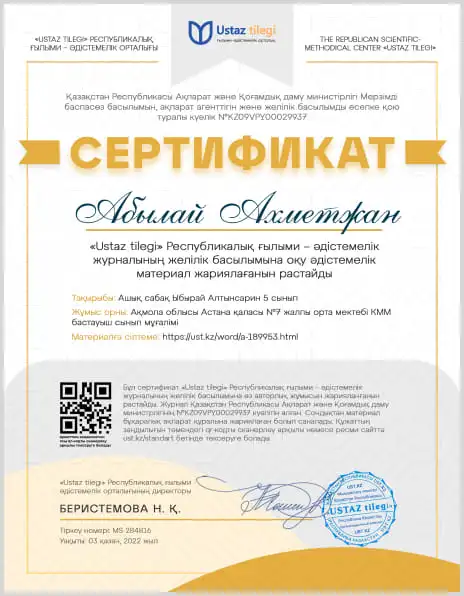
Сіз үшін 400 000 ұстаздардың еңбегі мен тәжірибесін біріктіріп, ең үлкен материалдар базасын жасадық. Төменде пәніңізді белгілеп, керек материалды алып сабағыңызға қолдана аласыз
 Дайын ҚМЖ. Барлық пәндерден 2022-2023 оқу жылына, жаңа бұйрыққа сай жасалған
Дайын ҚМЖ. Барлық пәндерден 2022-2023 оқу жылына, жаңа бұйрыққа сай жасалған
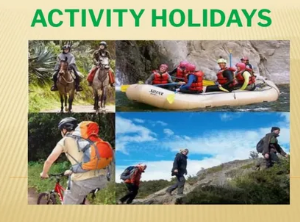




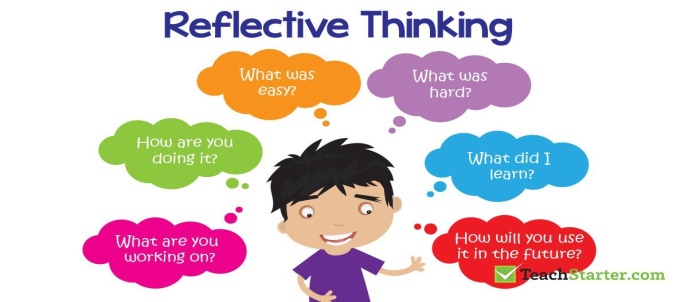



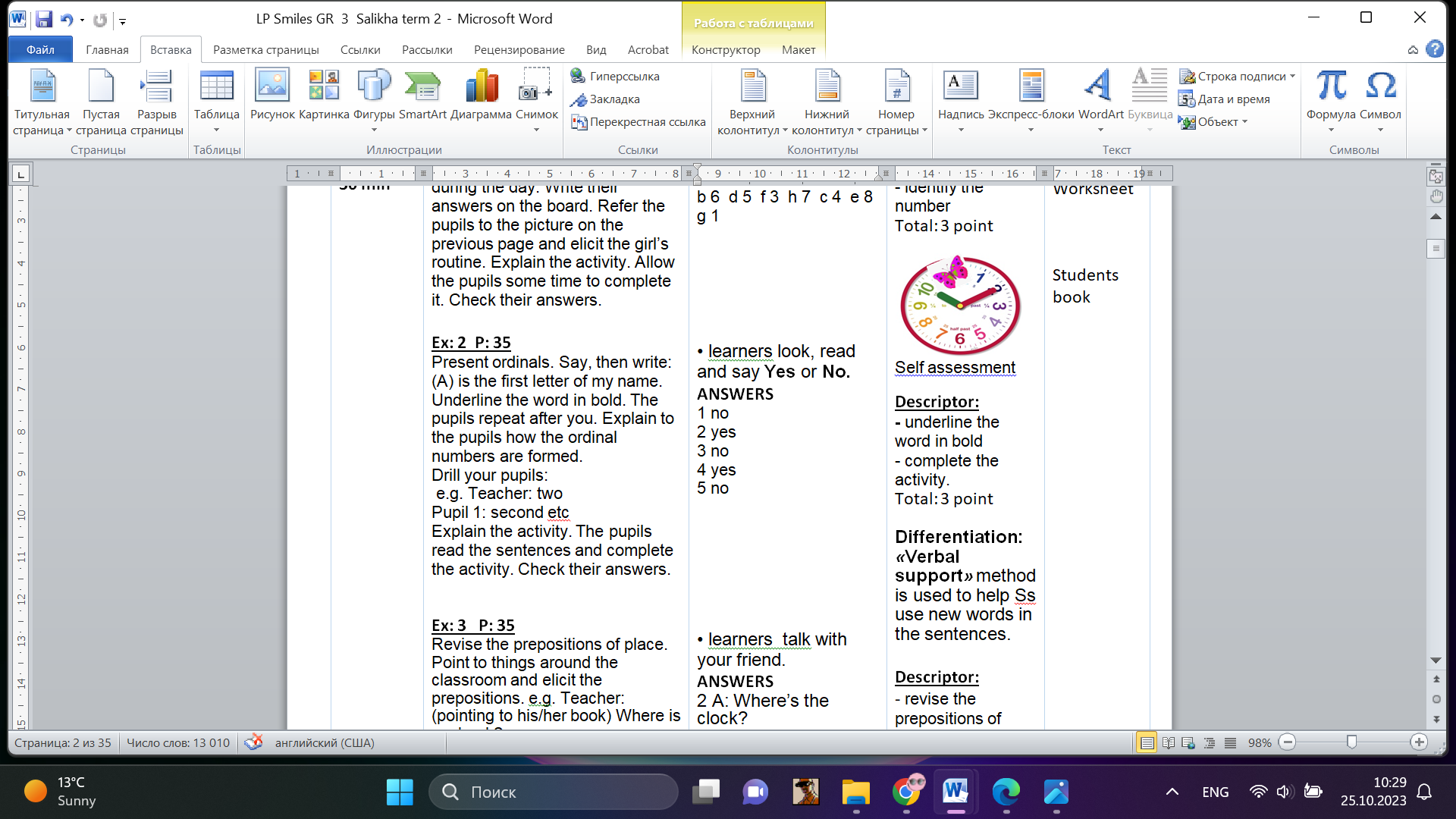
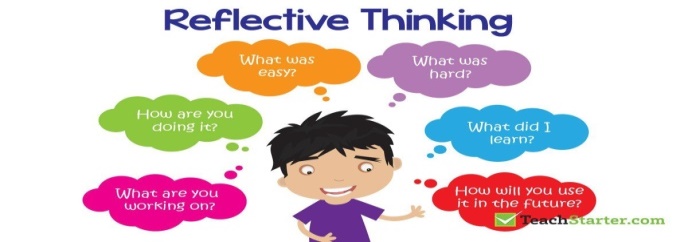


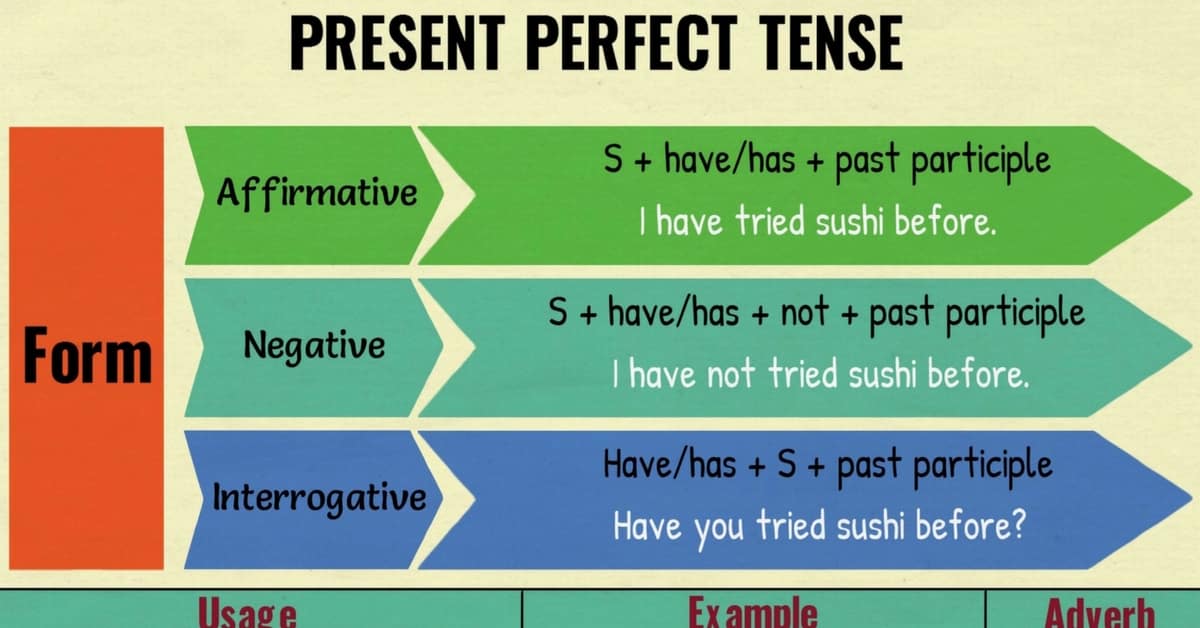


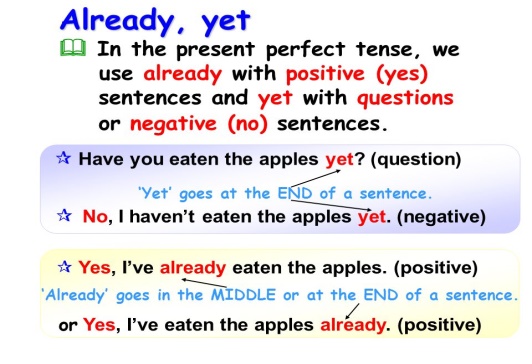




 use
phrases
use
phrases

